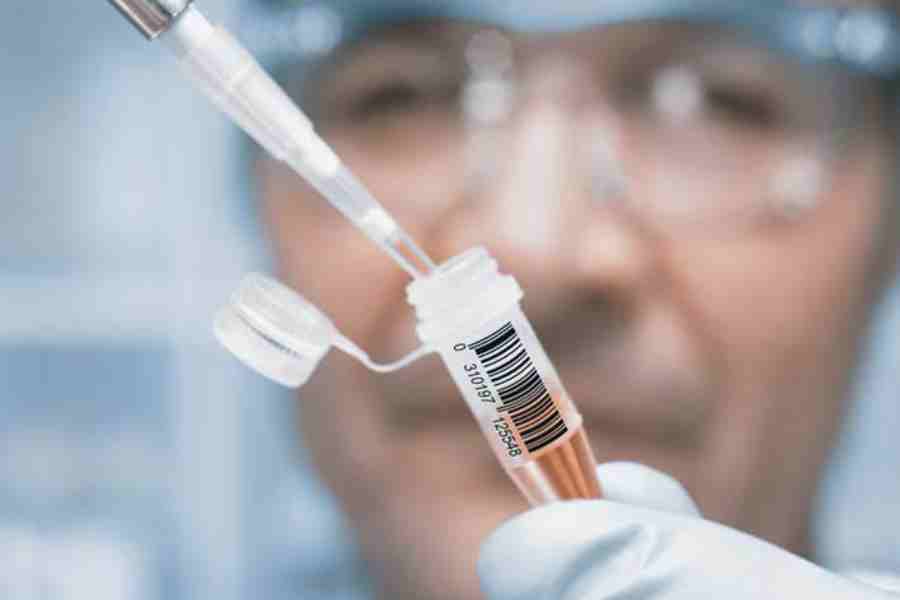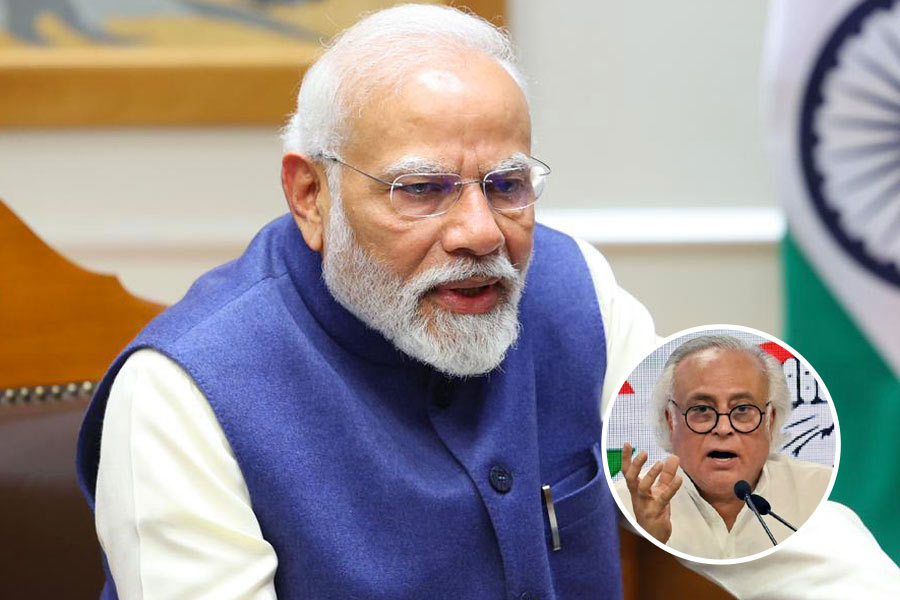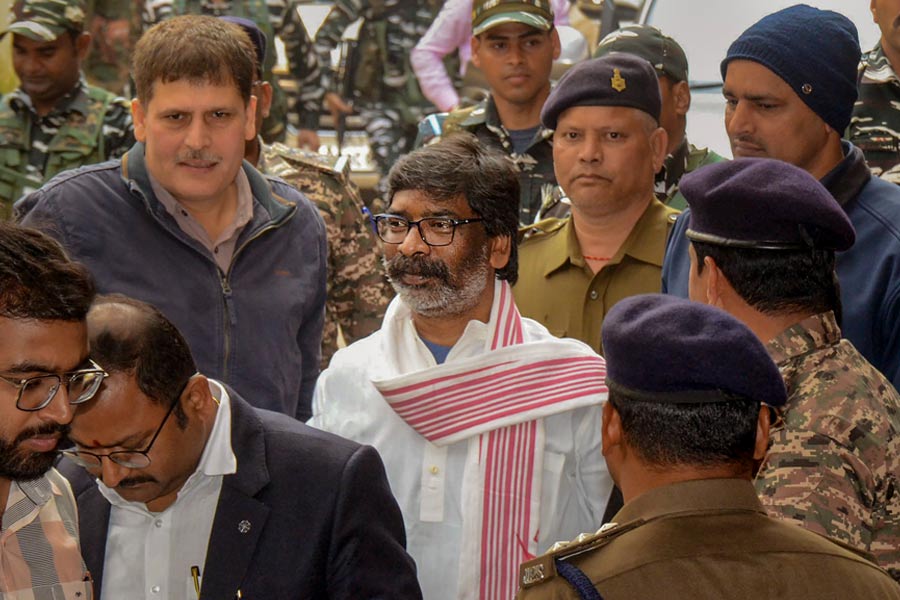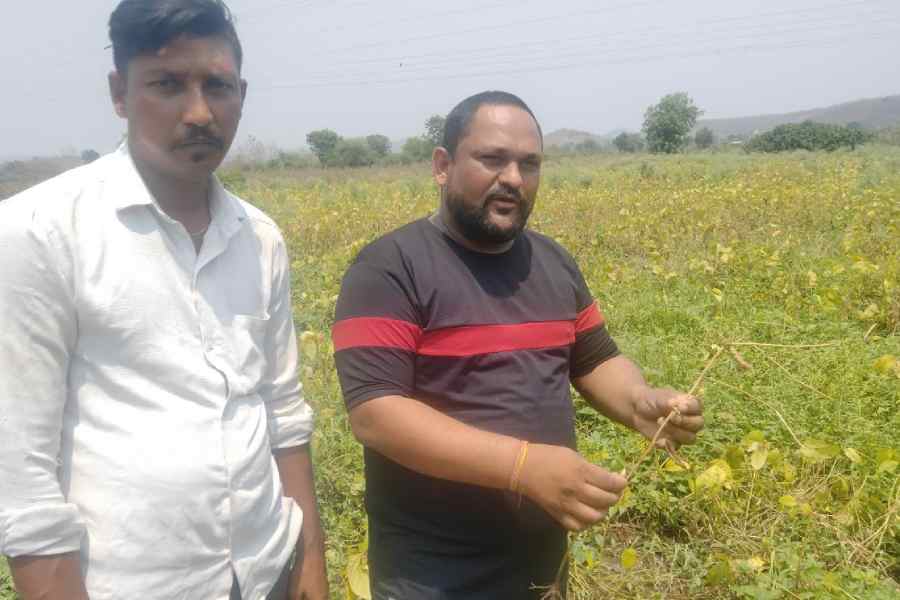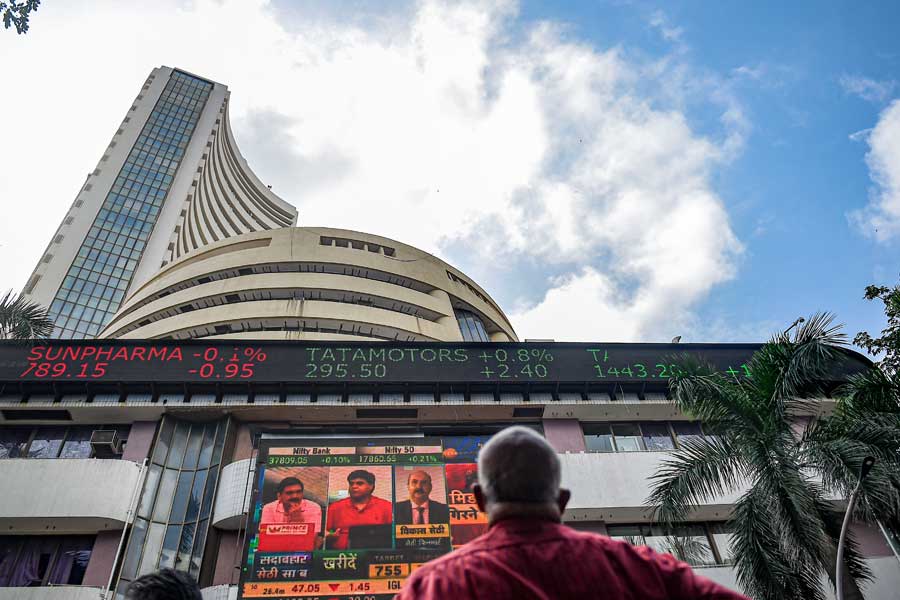One would have assumed that the modern healthcare sector would be an exemplar when it comes to upholding ethics. But sadly, this is not always the case: the segment abounds in examples of transgressions. Take, for instance, the recent findings concerning the disproportionate — unfair — distribution of volunteers in several of the hundreds of clinical trials that are being conducted across the world for the assessment of candidate drugs. According to the study published in PLOS ONE, 26 of the 424 global clinical trials sponsored by foreign institutions recruited an excess number of Indians as trial volunteers between 2013 and 2020. More than 60% of the volunteers were from India even though the ideal percentage should not be more than 50%. Most of these participants were roped in to evaluate medicines to treat afflictions like asthma, bacterial infections and cancer, which constitute a large share of the disease burden in India. But 18 of the 20 incomplete trials concerned disorders that are not “preferentially prevalent” in the country. Many of the sponsors of these medical trials are from populous countries like Brazil and Russia that could have found volunteers from within their own borders. The findings thus suggest that the ethical boundaries that are supposed to be honoured in the course of medical trials may not be that stringent.
Significantly, India has emerged as a favoured pharmaceutical hub owing to such factors as a population with a large genetic pool, a streamlined approval process, high disease burdens, and low operational costs. But its rise as a pharmaceutical destination seems to have been accompanied by lax regulations along with easy access to poor and illiterate patients. The ethical loopholes also underline a medical challenge. The Cape Town Statement, the outcome of global deliberations on research integrity, envisions inclusivity and diversity of medical volunteers as the cornerstones of quality medical research since overdependence on a single population base or ethnic group leads to limited outcomes. The employment of a large number of Indians as volunteers could limit the effectivity of the candidate drugs to specific constituencies.
This is not to suggest that indigenous drug trial practices are meticulous. While the registration of volunteers has increased in India, those being compensated for their participation have reduced. Worryingly, a 2019 government report stated that about 88 subjects had died due to the side-effects of clinical trials in the past four
years. There is a clear lack of transparency in domestic medical trial data: astonishingly, a 2022 report showed that the Clinical Trials Registry of India has been functioning with ‘ghost staff’. Public health should not be compromised in the pledge to develop, in India or abroad, medicines for the greater good.

